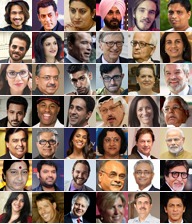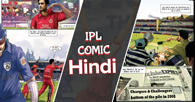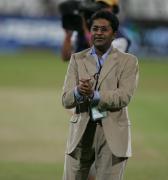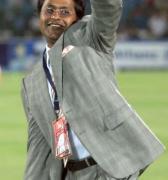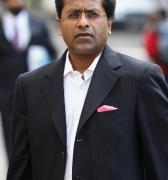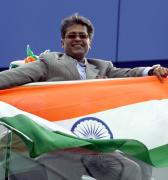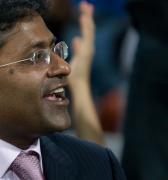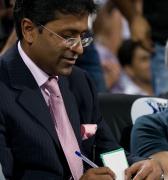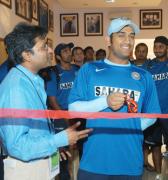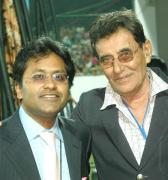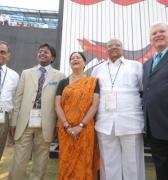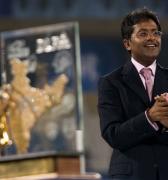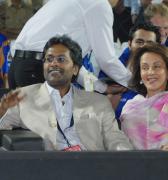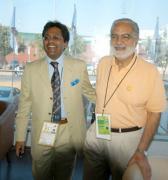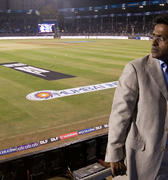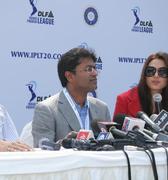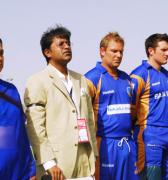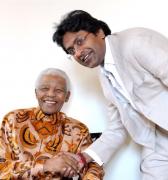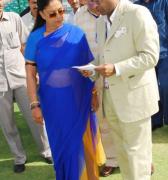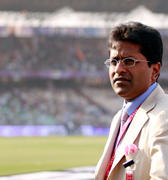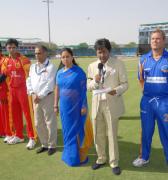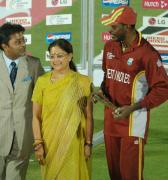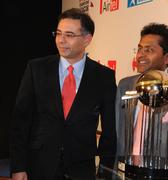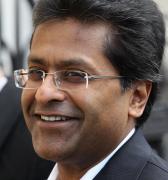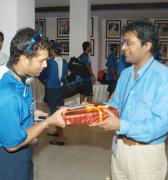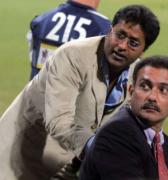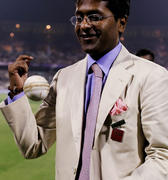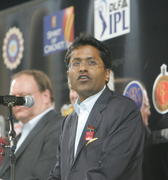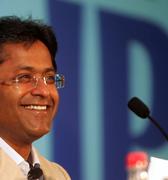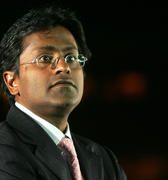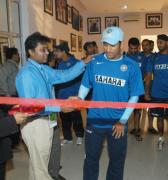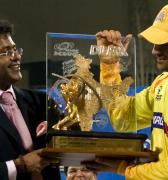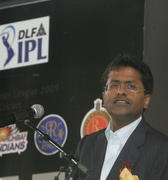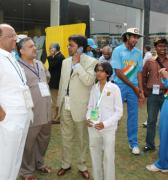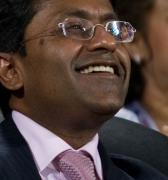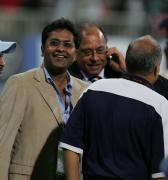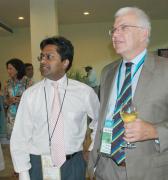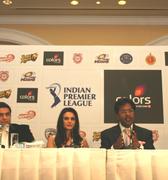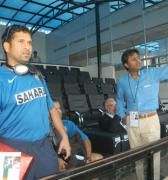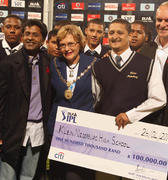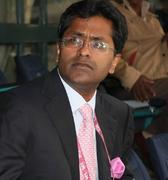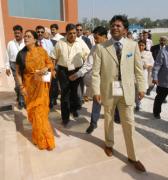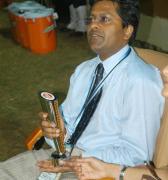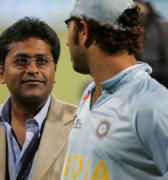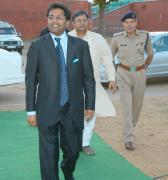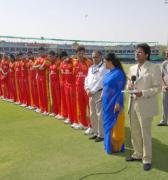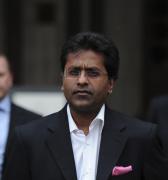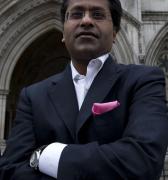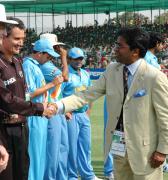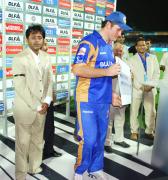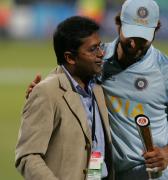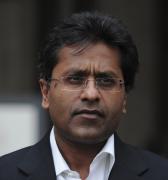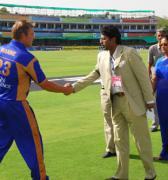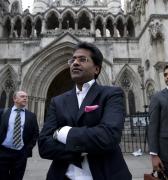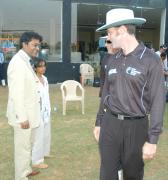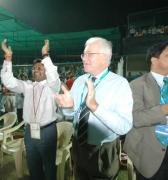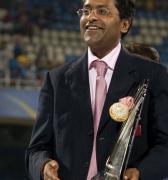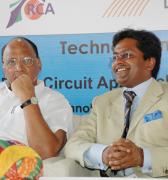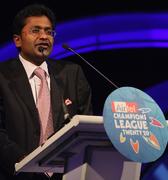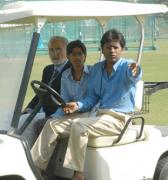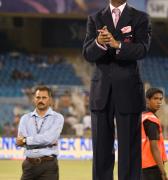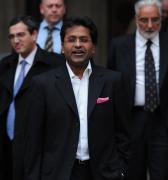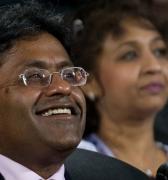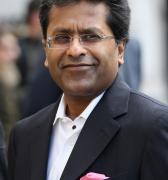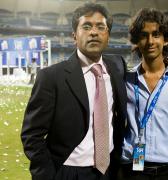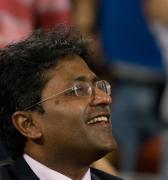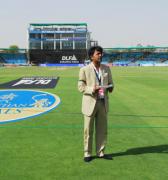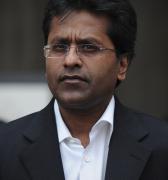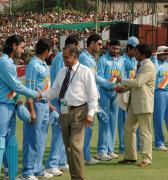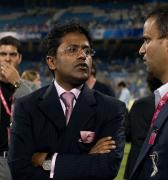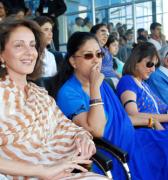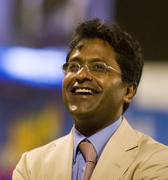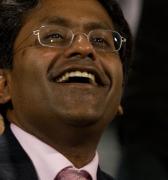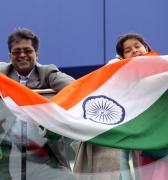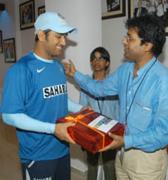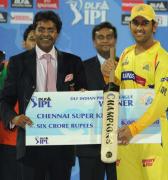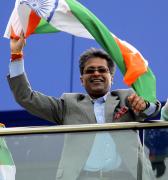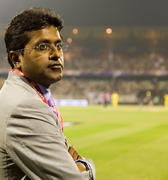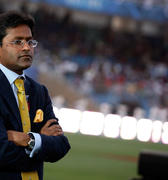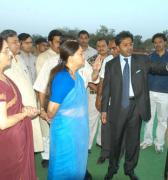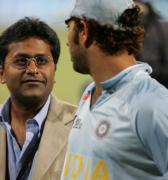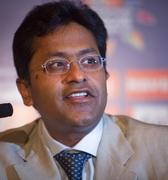Lesson from the transition: Do we need the BCCI at all?
The difference between the old Board and Lodha Committee’s set-up is one of degree, not kind
The smoothness with which cricket is being run in the country by a CEO and a handful of General Managers in consultation with the Committee of Administrators (CoA) raises the question: Do we need the old-fashioned BCCI at all?
This is not as facetious as it sounds. The focus ever since the Supreme Court dismissed the president and secretary of the BCCI has been on cricket, not politics, on game-related issues, not on garnering votes for the next election.
That is not to say everything is hunky-dory and by getting rid of a few people who had overstayed their welcome, the erstwhile BCCI was cleansed of all its ills and we have somehow attained perfection in sports administration.
But one cannot help thinking that perhaps there is much to learn from this transition phase. Those who predicted chaos have been presented with order; those who forecast national shame have seen anything but.
The CEO of the BCCI, Rahul Johri handled the ‘brain fade’ controversy with enormous common sense, unlike board presidents in the past who have, in similar circumstances, taken the populist route and gone about mouthing “nationalism” and “patriotism”.
Remember the Test series in South Africa when the match referee hauled up half a dozen Indian players under the code of conduct? India threatened to pull out of the series, dropped a Test match, and got the match referee sacked. There were even questions asked in Parliament.
Likewise during ‘Monkeygate’ fracas in Australia some years later. Again, threats were made, bans were rescinded, effigies burnt.
Elected officials see such incidents as a godsend for asserting their patriotism and whipping up the kind of national hysteria that keeps them in their seats for a while longer. After all, how can you vote a patriot out of office? Definitions might vary, of course. In South Africa, it was unpatriotic to believe that Sachin Tendulkar could be guilty of ball tampering. In Australia it was unpatriotic to believe that Harbhajan Singh was capable of racist remarks.
It was certainly strange that neither the match referee nor the umpires had anything significant to say about the ‘brain fade’ in Bangalore that caused Aussie captain Steve Smith to look towards the dressing room for advice on the DRS.
Smith admitted to looking up, and the rules are very clear. Yet, Chris Broad, otherwise so proactive in India matches over the years, didn’t think it fit to report Smith. Other players have paid for lesser misdeeds, as South Africa’s Faf du Plessis was quick to point out.
Still, India had made their point, skipper Virat Kohli had made his feelings pubic at a press conference, and there was little to be gained by any number of official protests. This is what Johri recognised — after all, intent is difficult to prove — and brought the whole sorry business to an end. No posturing, no cries of “racism”, no litany of woes spelt out. The need to move on was emphasised.
This is an in-between phase of the BCCI. The new dispensation is not yet in place, the old one has not been fully scraped away. There is, in many areas, uncertainty, ambiguity and insecurity. There is too the suspicion that the old order has not given up, and is shooting from the shoulders of some who have kept their jobs in the various associations.
One pointer to this can be seen in the manner in which some of them, from different corners of the country, speak in the same voice. It is as if they are reading off the same script.
Yet in this same period, the home Tests have been conducted with the usual precision and professionalism. The domestic tournaments are on schedule. India have made their stand on issues clear at the ICC meetings.
Money matters
The one unresolved question has been that of money; some State associations have not been able to pay their players, and cash flow is a genuine problem. But the Supreme Court is clear that without the associations following its rulings, there cannot be any money forthcoming from the BCCI.
Does this mean that a CEO and a few general managers are sufficient to run the billion-plus dollar industry that is Indian cricket? It is a thought. Administration and cricket matters can be handled separately.
The old BCCI was aware of this when it appointed Ratnakar Shetty as its general manager administration and M.V. Sridhar, a former first class cricketer as its general manager cricket.
The difference between the old BCCI and the Lodha Committee’s BCCI is one of degree, not kind. Office bearers are elected in both systems. A CEO and general managers who run the show as salaried professionals is not something that has been contemplated for Indian cricket.
Yet the recent, low-key, professional handling of the sport in the country must give us pause. Perhaps there is another way. One that does not involve running every decision through the sieve of future elections.
The smoothness with which cricket is being run in the country by a CEO and a handful of General Managers in consultation with the Committee of Administrators (CoA) raises the question: Do we need the old-fashioned BCCI at all?
This is not as facetious as it sounds. The focus ever since the Supreme Court dismissed the president and secretary of the BCCI has been on cricket, not politics, on game-related issues, not on garnering votes for the next election.
That is not to say everything is hunky-dory and by getting rid of a few people who had overstayed their welcome, the erstwhile BCCI was cleansed of all its ills and we have somehow attained perfection in sports administration.
But one cannot help thinking that perhaps there is much to learn from this transition phase. Those who predicted chaos have been presented with order; those who forecast national shame have seen anything but.
The CEO of the BCCI, Rahul Johri handled the ‘brain fade’ controversy with enormous common sense, unlike board presidents in the past who have, in similar circumstances, taken the populist route and gone about mouthing “nationalism” and “patriotism”.
Remember the Test series in South Africa when the match referee hauled up half a dozen Indian players under the code of conduct? India threatened to pull out of the series, dropped a Test match, and got the match referee sacked. There were even questions asked in Parliament.
Likewise during ‘Monkeygate’ fracas in Australia some years later. Again, threats were made, bans were rescinded, effigies burnt.
Elected officials see such incidents as a godsend for asserting their patriotism and whipping up the kind of national hysteria that keeps them in their seats for a while longer. After all, how can you vote a patriot out of office? Definitions might vary, of course. In South Africa, it was unpatriotic to believe that Sachin Tendulkar could be guilty of ball tampering. In Australia it was unpatriotic to believe that Harbhajan Singh was capable of racist remarks.
It was certainly strange that neither the match referee nor the umpires had anything significant to say about the ‘brain fade’ in Bangalore that caused Aussie captain Steve Smith to look towards the dressing room for advice on the DRS.
Smith admitted to looking up, and the rules are very clear. Yet, Chris Broad, otherwise so proactive in India matches over the years, didn’t think it fit to report Smith. Other players have paid for lesser misdeeds, as South Africa’s Faf du Plessis was quick to point out.
Still, India had made their point, skipper Virat Kohli had made his feelings pubic at a press conference, and there was little to be gained by any number of official protests. This is what Johri recognised — after all, intent is difficult to prove — and brought the whole sorry business to an end. No posturing, no cries of “racism”, no litany of woes spelt out. The need to move on was emphasised.
This is an in-between phase of the BCCI. The new dispensation is not yet in place, the old one has not been fully scraped away. There is, in many areas, uncertainty, ambiguity and insecurity. There is too the suspicion that the old order has not given up, and is shooting from the shoulders of some who have kept their jobs in the various associations.
One pointer to this can be seen in the manner in which some of them, from different corners of the country, speak in the same voice. It is as if they are reading off the same script.
Yet in this same period, the home Tests have been conducted with the usual precision and professionalism. The domestic tournaments are on schedule. India have made their stand on issues clear at the ICC meetings.
The one unresolved question has been that of money; some State associations have not been able to pay their players, and cash flow is a genuine problem. But the Supreme Court is clear that without the associations following its rulings, there cannot be any money forthcoming from the BCCI.
Does this mean that a CEO and a few general managers are sufficient to run the billion-plus dollar industry that is Indian cricket? It is a thought. Administration and cricket matters can be handled separately.
The old BCCI was aware of this when it appointed Ratnakar Shetty as its general manager administration and M.V. Sridhar, a former first class cricketer as its general manager cricket.
The difference between the old BCCI and the Lodha Committee’s BCCI is one of degree, not kind. Office bearers are elected in both systems. A CEO and general managers who run the show as salaried professionals is not something that has been contemplated for Indian cricket.
Yet the recent, low-key, professional handling of the sport in the country must give us pause. Perhaps there is another way. One that does not involve running every decision through the sieve of future elections.
Courtesy: The Hindu




